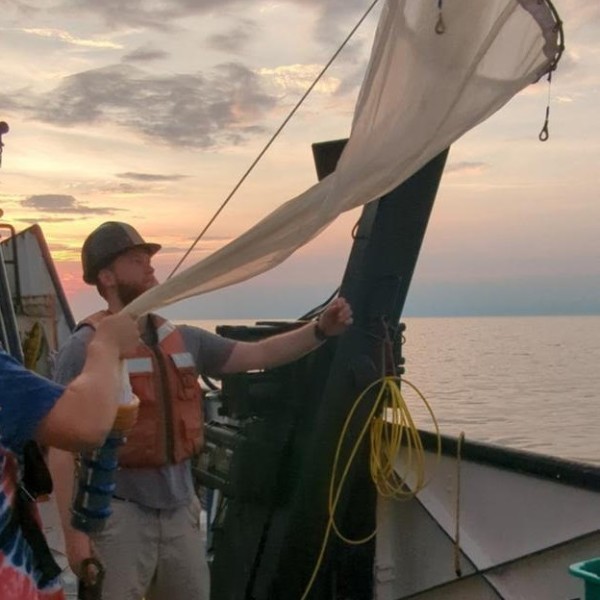With the help of funding from the Small Grants Program offered by the Cornell Atkinson Center for Sustainability, postdoctoral researcher Alexa Schmitz is using bacteria to create an efficient and environmentally responsible method for extracting rare earth metals. She is part of a research team studying biological energy capture, led by Buz Barstow, assistant professor in the Department of Biological and Environmental Engineering and a Cornell Atkinson Faculty Fellow.
“Much of what we consider revolutionary for sustainable energy relies on rare earth metals,” Schmitz said. “But because mining them includes a leaching process which uses high temperatures and harsh solvents, and produces large quantities of toxic waste, these renewable energy technologies can have a large carbon footprint.”
Schmitz is working to replace chemical leaching with bioleaching, which uses microbes to extract the metals. The potential candidate: a bacterial species called Gluconobacter oxydans (Gox). A relative of the vinegar-producing bacteria used to make fermented products like kombucha, Gox produces a variety of strong but biodegradable organic acids. These acids allow the bacteria to extract rare earth metals from ore or waste products, such as coal ash or high efficiency lighting.
Gox is currently not efficient enough to be a commercially viable alternative. However, Schmitz and her collaborators at the U.S. Department of Energy’s Idaho National Laboratory think they can tap Gox’s true potential if they can understand and enhance the bacteria’s chemical toolkit.
Prior experiments at the Idaho National Laboratory showed that Gox bacteria rely on more than just organic acids for extraction. Schmitz said, “There is some other element — a gene, protein, another molecule produced by the bacteria — that is allowing the process to happen. And nobody knows what it is. That is an important target for this project.”







